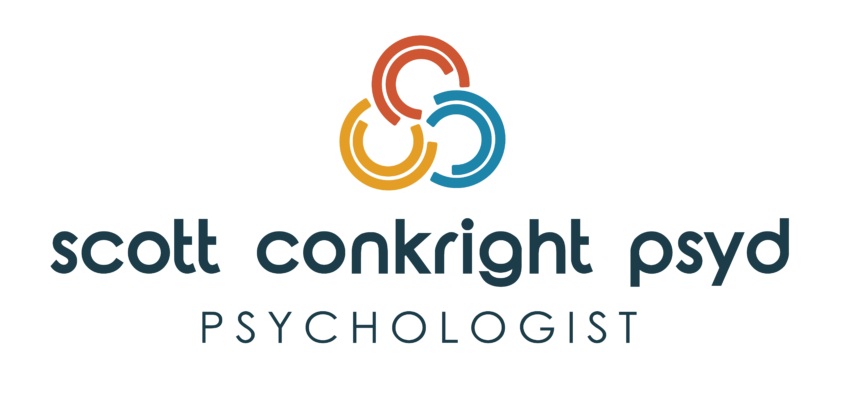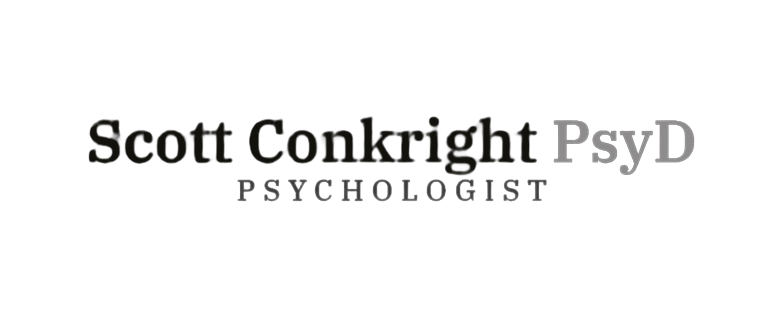The Lacanian Registers and Social Media

In today’s digital age, social media has become a pivotal arena for self-exploration and identity formation, best understood by the concept Jacques Lacan described as the Imaginary. The Imaginary, the Symbolic, and the Real are the three constraining universal forces we all live within, which he called the Registers. These three fundamental structures shape human psychology. These registers are conceptual tools that help us understand how individuals navigate their inner and outer worlds, forming the backbone of Lacan’s exploration of the human psyche. Social media platforms act as contemporary mirrors, reflecting who we are and aspire to be. This digital stage is where we continuously shape and reshape our identities, often blurring the lines between our authentic selves and the personas we curate online.
Imagine scrolling through your Instagram feed—every picture, selfie, perfectly curated moment. This is where Lacan’s concept of the Imaginary register comes into play. Still, it’s not just about social media—it’s about how we see ourselves and our world, filtered through a lens of images and reflections.
For Lacan, the Imaginary is all about the mirror stage, a phase in early childhood when we first recognize ourselves in a mirror. But it’s not just a “Hey, that’s me!” moment. It begins a lifelong journey of identifying with images, which shapes our ego and how we interact with others. This stage isn’t about logic or language; it’s about feelings and visuals, where we start to see ourselves as separate from the world around us, yet deeply connected to it through the images we identify with.
Fast forward to today, and the Imaginary is at play every time we engage with social media or any form of visual representation. It’s in the way we craft our digital personas, seeking out images that reflect who we want to be or how we want to be seen. It’s a continuous loop of seeking recognition and validation, not just from others but from ourselves. We constantly compare, contrast, and align our self-image with the idealized images we consume and produce.
But here’s the catch: this process can lead us to confuse these images with reality, leading to misrecognition. We might start to believe these curated images are the whole story, forgetting that there’s more to us and others than what meets the eye. It’s like trying to piece together a puzzle of our identity, where the pieces are made up of likes, comments, and shares, along with the snapshots of life we choose to display.
For those navigating the complexities of identity in the digital age, understanding the Imaginary register offers a lens to critically reflect on how we construct our sense of self and relate to others. It’s a reminder that while images can empower and connect us, they can also distort and distance us from our authentic selves. Recognizing this can be a decisive step towards more genuine self-understanding and meaningful online and offline connections.
Diving into Lacan’s Symbolic register is like stepping into the vast, intricate web of language, culture, and societal norms that shape our reality. For millennials, think of it as the underlying code or the rules of the game that govern how we communicate and interact with each other in our daily lives. It’s the structure that holds our world together, comprised of words, symbols, laws, and the unspoken social contracts that dictate the dos and don’ts of society.
The Symbolic is where language takes center stage, but it’s not just about the words we speak or type. It’s about how those words connect us to the broader social world and how they carry meanings and expectations passed down through generations. This register is where we learn our roles in the grand narrative of society, where we’re assigned identities (like gender roles, professional titles, and cultural affiliations) long before we can question them. It’s the realm of the “Other” with a capital “O”—the societal big Other that watches over us, guiding our desires, decisions, and how we make sense of the world.
The Symbolic register offers a framework to understand the invisible forces at play. It’s in the hashtags we use, the memes we share, and the emoji language we’ve adopted. Each of these elements is loaded with cultural significance, carrying the weight of the Symbolic order into our digital interactions.
But here’s where it gets tricky: the Symbolic also represents the limitations and constraints imposed by society. It’s why breaking free from traditional paths or questioning deep-seated norms can feel like an uphill battle. The expectations embedded in the Symbolic order can lead to conflicts between our desires and society’s expectations. It’s the tension between wanting to stand out and needing to fit in, between expressing our individuality and adhering to societal norms.
Understanding the Symbolic register empowers millennials to navigate the social world with a critical eye. It encourages us to question the status quo, understand the origin of our desires, and recognize the societal scripts we unconsciously follow. By unpacking the layers of the Symbolic, we can start to rewrite our narratives, challenging the roles and rules we’ve inherited and forging paths that align more closely with our authentic selves. In this way, grappling with the Symbolic register isn’t just about understanding society’s constraints; it’s about finding our voice within and sometimes against those constraints.
Lacan’s concept of the Real is like encountering the raw, unfiltered chaos of existence that defies our attempts to categorize or understand it through language or images. Imagine the Real as everything that doesn’t fit neatly into your Instagram feed or can’t be tweeted about because it’s too intense, confusing, or traumatic. The experiences leave you at a loss for words, the emotions that can’t be emoji-fied, and the moments that feel too profound or traumatic to share.
The Real exists outside the neatly defined realms of the Imaginary and the Symbolic. It’s not about the image you see in the mirror (Imaginary) or the societal labels and languages we navigate daily (Symbolic). Instead, it’s about the experiences that shake us to our core, that remind us of the limits of our understanding and the fragility of our constructed realities. It’s the raw essence of being—life, death, nature, the universe—anything that transcends our ability to grasp or articulate fully.
The Real might manifest in moments of existential crisis, the overwhelming sensation of falling in love, or the gut-wrenching pain of loss. It’s in the awe of staring into the night sky, realizing the vastness of the universe, or in the inexplicable connection we feel with a piece of art that moves us. These experiences hint at the existence of something beyond our everyday reality, something that language and images can only point toward but never fully encapsulate.
Engaging with the concept of the Real offers a humbling reminder of the complexities of human experience. It challenges the curated, controlled aspects of our digital lives, pushing us to acknowledge and embrace the messiness, the unpredictability, and the profundity of life. For millennials, especially those immersed in the quest for self-understanding and authenticity, grappling with the Real can be both unsettling and liberating. It invites a confrontation with the unknown, encouraging curiosity and wonder about the aspects of existence that remain mysterious and elusive.
Understanding the Real is not about seeking answers but about learning to live with the questions, to appreciate the beauty in the inexplicable, and to find meaning in the moments that defy easy explanation. It’s a call to embrace the full spectrum of human experience, recognizing that some things are beyond our control or understanding—and that’s okay. In a world dominated by the desire to categorize and define, the Real reminds us of the value of mystery, the importance of awe, and the power of experiences that connect us to something greater than ourselves.
As we tap through Instagram, Facebook, or Twitter, we’re not just passive observers but active participants in a complex identification process (a fancy way of checking each other out and letting each other know what the other thinks). We see idealized versions of others and, in turn, craft our idealized selves to present to the world. This process is more than just about getting likes or followers; it’s about seeking connection, recognition, and a sense of belonging. If we admit it, we hope to find a community of people who finally get us. Yet, this constant engagement in the digital realm can spiral into a cycle of toxic comparison and the pursuit of superficial validation, significantly messing with our self-esteem and who we think we are.
Beyond crafting an online persona, social media invites us to construct narratives that resonate with broader societal norms and expectations, engaging in a nuanced dance of desire and identification. Every like, comment, and share acts as a nod of validation, weaving these idealized identities more tightly into our sense of self. However, the gap between our online personas and real-life experiences can lead to feelings of inadequacy and disconnection, challenging our journey toward self-actualization.
For those focused on personal development, recognizing the influence of the Imaginary in social media is critical. It’s a powerful tool in shaping individual identities and molding collective perceptions and norms. This awareness invites a more mindful engagement with social media, encouraging us to reflect on the authenticity of our online selves and the narratives we choose to share. In embracing both the potential and the pitfalls of our digital reflections, we can navigate the complex interplay between the real and the constructed, fostering a path toward genuine self-growth and connection in the digital era.






